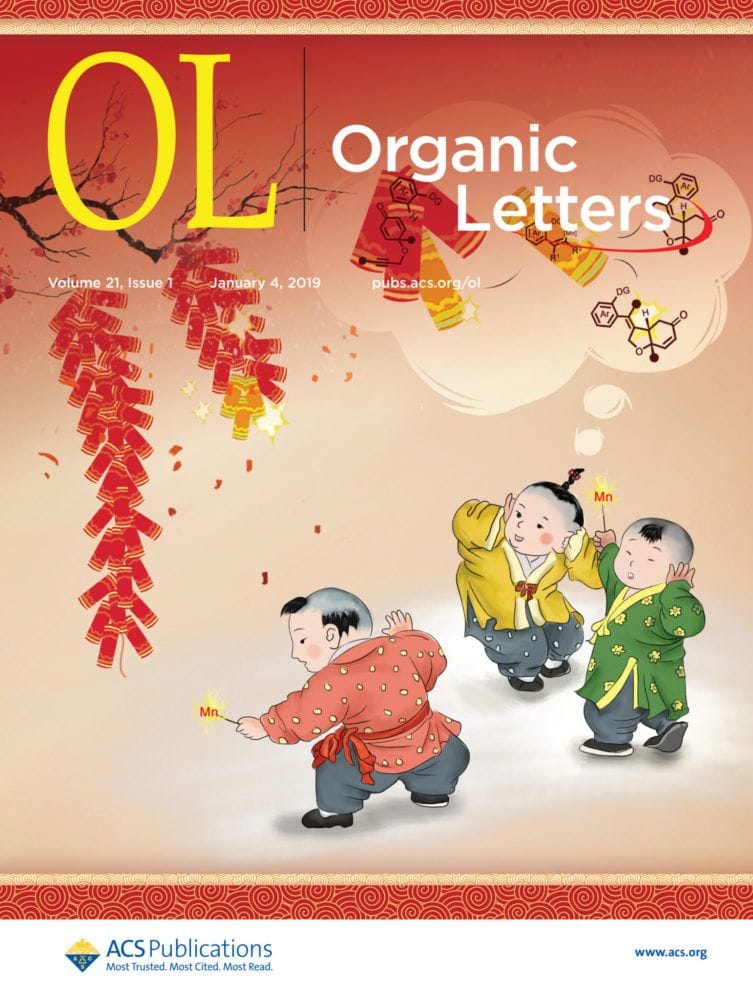Organic Letters recently celebrated its 20th anniversary of rapidly publishing top-shelf, rigorously peer-reviewed research. As the journal enters its third decade, new Editor-in-Chief Erick M. Carreira and the editorial team are as passionate as ever about their role in promoting science. They are working to open up new avenues for providing the journal’s readership with […]

As part of this “new beginning,” the Organic Letters editorial team has launched a series of Virtual Issues that highlight noteworthy chemistry from various regions around the world. In the first installment, Organic Letters Global Enterprise, the team presented a Virtual Issue featuring the most-read articles (as measured by downloads) published in 2018 from different countries, based on the location of the corresponding author(s). Going forward, Professor Carreira and the team will be presenting Virtual Issues featuring an editorial and collection of articles from different regions around the globe.
First in this series, Associate Editor Margaret Brimble of the University of Auckland presents “Organic Chemistry Down Under,” a Virtual Issue of high-impact articles from authors in Australia and New Zealand. The collection features the work of established and well-known Aussies and Kiwis, along with mid-career researchers and up-and-coming researchers who are just starting their independent careers.
In her editorial, Professor Brimble reflects on her life as a synthetic organic chemist and how it has changed over the past 20 years since the journal’s inception. “As a young scientist, I was attracted to the field of organic synthesis, in particular the total synthesis of natural products, because of the combination of creativity that it entails alongside the necessity for detailed and critical analysis—not to mention the ability to constantly overcome problems in the face of adversity,” she writes.
At first, she worked independently on her synthetic problems. But then she quickly realized the value of collaboration, not just with colleagues in her department, but with other chemists globally and with scientists in other fields of research. These interactions have substantially enhanced her career, she says, and is a model she encourages others to follow.
“I believe that innovation in organic chemistry will truly unfold to its full potential when individual research groups play to their strengths by operating within a truly collaborative environment,” Professor Brimble observes. “I would like to think that as you peruse these Virtual Issue articles you might be inspired to reach out, as I have done, to start new collaborations that will reap dividends for your own research and career, and help advance our field of organic chemistry.”
